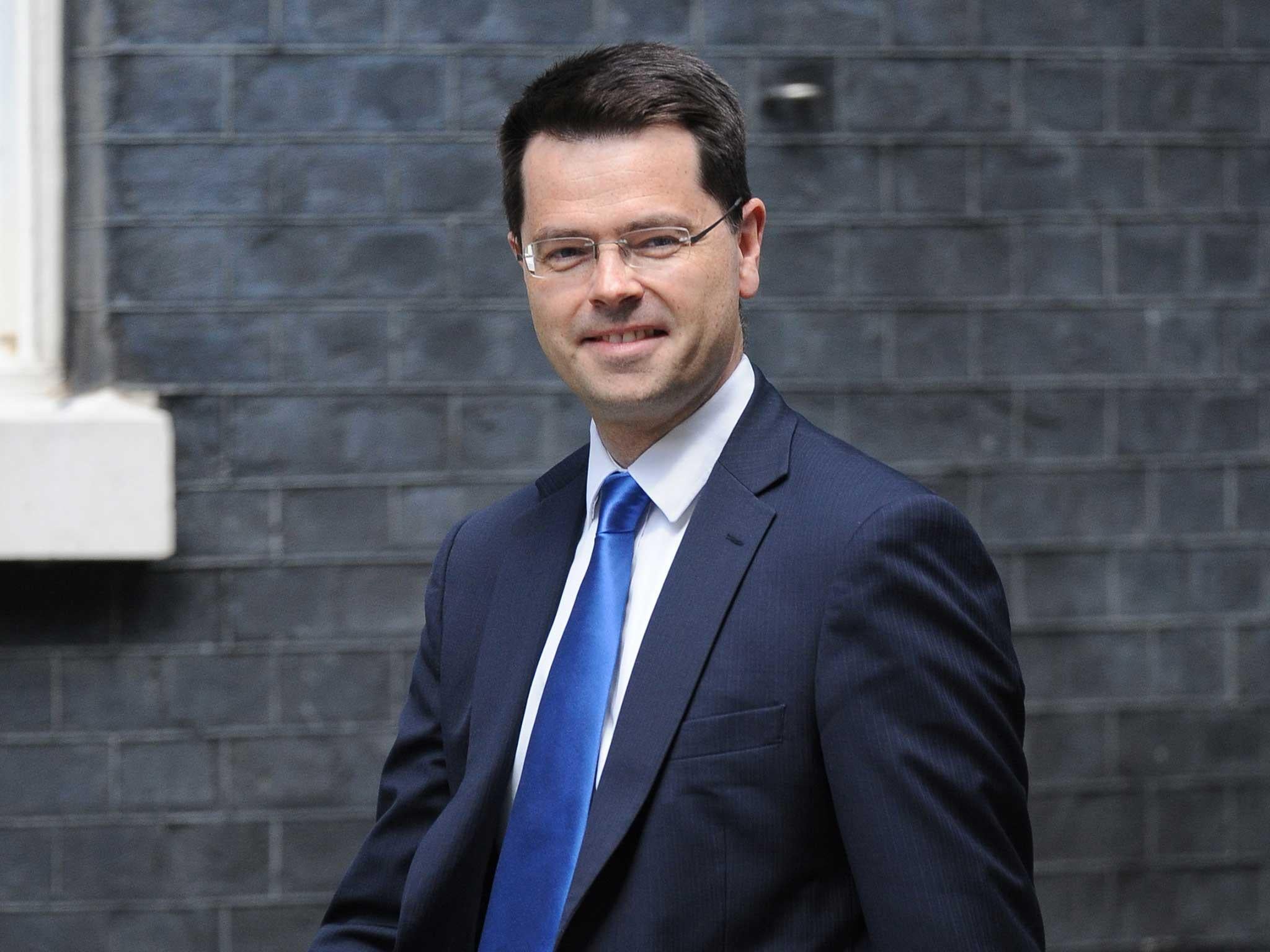Brexit: UK immigration controls may shift to Ireland after EU withdrawal
But Northern Ireland Secretary James Brokenshire pledges the controls will not 'undermine' the hard-fought stability surrounding the Northern Irish peace process

The UK is seeking to shift frontline immigration controls to Ireland's ports and airports to avoid having to introduce a "hard border" between Northern Ireland and the Republic of Ireland as part of post-Brexit immigration controls.
James Brokenshire, the Northern Ireland secretary, reportedly said there was a “high level of collaboration on a joint programme of work” between London and Dublin to control immigration, with a main focus on strengthening the common travel area (CTA) - the unique arrangement that allows full freedom of movement between people from Ireland and the UK. The news appears to contradict a Leave campaign claim that EU withdrawal would help the UK "take back our borders" as the move will give greater control of British borders to the Irish government.
In an interview with The Guardian, Mr Brokenshire said the British government was "working closely" with the Irish government to prevent people from avoiding immigration controls by arriving via Ireland.
“We have put in place a range of measures to further combat illegal migration working closely with the Irish government. Our focus is to strengthen the external border of the common travel area [CTA], building on the strong collaboration with our Irish partners," he said.
“We are already working closely with the Irish government and other members of the common travel area to prevent people from seeking to evade UK immigration controls from entering via another part of the CTA. There is a high level of collaboration on a joint programme of work."
Northern Ireland shares the UK’s largest land border with another EU country – the Republic of Ireland, and there have been fears that measures would have to be imposed on the 300-mile border in order to control immigration after leaving the EU, which could undermine the 1998 Good Friday Agreement peace deal.
But Mr Brokenshire claimed Brexit would not destabalise the peace settlement set out in the Belfast agreement, saying: “Political stability and prosperity in Northern Ireland has been hard fought over many decades, and we will not do anything to undermine it.
“There is no reason to think that the outcome of the referendum will do anything to undermine the rock-solid commitment of the UK government and the people of Northern Ireland to the settlement set out in the Belfast agreement and its successors.”
Ireland's foreign minister, Charles Flanagan, is said to have welcomed Mr Brokenshire's plans, agreeing that the sharing of information was "vital" in ensuring that "any adverse impact is minimised".
But he also urged that upgrading immigration controls between the UK and Northern Ireland would have to be negotiated alongside the other EU countries, stressing that the peace process in Northern Ireland must not be undermined as a result.
According to The Guardian, Mr Flanagan said: "I caution that this will be a decision not just by the UK or Irish governments but ultimately also by the 27 EU states.
"I have been impressing on my fellow 26 EU foreign ministerial colleagues the importance of maintaining what is now an invisible border. I have to say there was among them a deep understanding of the consequences for the peace process of the reimposition of a heavily fortified border."
As well as concerns over Brexit creating tensions between north and south, politicians in Ireland have expressed worries that Irish border towns such as Dundalk could become the “new Calais” if people-traffickers trying to send migrants into the UK via Northern Ireland.
There are also concerns that the grants Norther Ireland receives from the EU for cross-community projects between nationalist and unionist communities will be stopped following Brexit, and it is not yet known if the funding shortfall will be made up by Westminster.
Belfast High Court is considering two similar legal challenges against Brexit by local figures who say EU withdrawal could have an adverse impact on the Northern Irish peace process. One legal bid has been spear headed by Raymond McCord, whose son was murdered by loyalist paramilitaries during the Troubles. The case is backed by a cross-community alliance of local politicians including Green Party leader Steven Agnew, SDLP leader Colum Eastwood, Sinn Fein MLA John O'Dowd and Alliance MLA David Ford who are supporting a similiar case arguing the Northern Ireland Assembly must be consulted in EU withdrawal. The group claim the Northern Irish peace process was based on EU membership and could subsequently be undermined by Brexit.
56 per cent of Northern Irish voters voted to remain in the EU. The only major Northern Irish party to back Brexit was the Democratic Unionist Party. The SDLP, Sinn Fein, Greens, Alliance and UUP all backed remaining in the EU.
A separate legal challenge will be heard in London this week which argues parliament must be consulted before Article 50 can be triggered. One of the main arguments in the case is that the Northern Irish peace process could be harmed by Brexit.
Subscribe to Independent Premium to bookmark this article
Want to bookmark your favourite articles and stories to read or reference later? Start your Independent Premium subscription today.

Join our commenting forum
Join thought-provoking conversations, follow other Independent readers and see their replies